THCa vs. THCb: What’s the Difference?

If you’re interested in learning about more cannabinoids than just THC and CBD, you’re in the right place because we’re about to discuss two cannabinoids you may have never heard of: THCa and THCb.
They’re both naturally occurring cannabinoids that may have various potential benefits and effects, all of which we’ll discuss today.
Understanding the differences between THCa and THCb can help you make informed decisions about your cannabis consumption and appreciate the plant's complex chemistry.
In this article, we'll discuss exactly what makes THCa and THCb different, exploring their characteristics, potential benefits, and effects, and more.
Keep reading our THCa vs. THCb comparison to determine which is best for you.
Key Takeaways
- THCa is a non-psychoactive cannabinoid that only converts to THC when heated.
- THCa may have antiinflammatory, neuroprotective, and anti-nausea effects.
- THCb is a rare psychoactive cannabinoid with a unique butyl side chain structure.
- THCb may be more potent than THC due to its strong receptor binding affinity.
- THCa is abundant in raw cannabis, while THCb is rare and found in low concentrations.
- THCa and THCb offer distinct benefits and uses depending on user goals.
What is THCa?
THCa, or tetrahydrocannabinolic acid, is the acidic precursor to THC found in raw cannabis. It's the most abundant cannabinoid in the plant before decarboxylation, the process of heating or aging that converts THCa into THC.
Unlike THC, THCa is non-psychoactive, meaning it won't produce the "high" associated with cannabis use. However, decarboxylation converts THCa into THC, thus turning a non-psychoactive cannabinoid into one that produces a notable “high”
Despite its lack of psychoactivity, THCa has gained attention for its potential therapeutic benefits, which we'll explore next.
THCa's Potential Therapeutic Benefits
Research suggests that THCa may possess various potential therapeutic benefits, particularly for the body. These may include benefits related to inflammation, neuroprotection, and nausea.
Here’s how THCa might help:
Antiinflammatory
First, as evidenced by this study, THCa may have anti-inflammatory properties, making it a potential candidate for managing conditions characterized by inflammation, whether acute or chronic.
Neuroprotection
Animal studies have also indicated that THCa may have neuroprotective effects, although more research is needed to confirm these findings in humans. These studies indicate that THCa may prevent neural degradation while improving motor deficits.
Anti-Nausea
Furthermore, some scientific reports suggest that THCa may help alleviate nausea and stimulate appetite, similar to the effects of THC.
Now that we know what THCa and its potential benefits are, let’s find out what THCb is all about.
What is THCb?
THCb, or tetrahydrocannabutol, is a rare cannabinoid that's gaining attention in the cannabis world. It's a naturally occurring compound, but it's found in much lower concentrations compared to THC and CBD.
What sets THCb apart from other THC analogs is its unique chemical structure. While THC has a pentyl side chain, THCb features a butyl side chain. This subtle difference in molecular structure is believed to contribute to THCb's distinct effects on the body.
THCb is a psychoactive cannabinoid, and according to current research, it may be just as potent, if not more potent, than the regular Delta 9 that you’re likely used to, therefore producing a potentially strong “high” and various bodily and mental effects.
Let’s move on and see what kinds of benefits THCb might bring to the table.
THCb's Potential Effects and Benefits
Despite its scarcity, THCb has piqued the interest of cannabis enthusiasts and researchers alike, particularly due to its potential to have stronger psychoactive effects than Delta 9, while also having therapeutic potential.
While more research is needed to understand THCb's impact on the mind and body fully, some experts speculate that it could offer analgesic and antiinflammatory benefits, possibly more so than Delta 9 THC, which may be due to its potentially higher binding affinity to CB1 and CB2 receptors than Delta 9.
THCb may also reduce nausea and aid with sleep, although more research is needed on this front. Due to its low natural abundance in cannabis plants, THCb hasn't been studied as extensively as other cannabinoids.
As extraction techniques advance and interest in minor cannabinoids grows, we may see more research exploring THCb's potential therapeutic applications.
Let’s move on and discuss how THCa and THCb are different.
How Do THCa and THCb Differ?
While both THCa and THCb are cannabinoids found in the cannabis plant, they have distinct differences that set them apart, such as their chemical structure, psychoactivity, and potency.

Understanding these differences can help you make informed decisions about your cannabis consumption and appreciate the unique properties of each compound. Here’s what sets these two cannabinoids apart:
Chemical Structure
One key difference between THCa and THCb lies in their chemical structure. THCa has an extra carboxylic acid group attached to its molecular structure, which is removed through decarboxylation when exposed to heat.
This prevents it from binding effectively with CB1 receptors, which is believed to result in its lack of psychoactivity.
On the other hand, THCb features a butyl side chain instead of the pentyl side chain found in THC. This subtle difference in structure contributes to the unique effects and properties of each cannabinoid, which is believed to be why THCb may have a higher binding affinity with cannabinoid receptors than Delta 9.
Psychoactivity
Another significant difference between THCa and THCb is their psychoactive potential. THCa, in its raw form, is non-psychoactive. It does not produce the "high" typically associated with cannabis use until it undergoes decarboxylation and converts into THC.
On the other hand, THCb is believed to be psychoactive, potentially even more so than THC. However, more research is needed to fully understand the extent of THCb's psychoactive effects.
Potency
When it comes to potency, THCb is thought to be more potent than THC. Some experts speculate that THCb's unique chemical structure allows it to bind more strongly to the body's cannabinoid receptors, resulting in heightened effects.
On the other hand, THCa's potency largely depends on its conversion to THC through decarboxylation. The amount of THCa that converts to THC can vary based on factors such as temperature and duration of exposure to heat.
Availability
THCa and THCb also differ in their availability within the cannabis plant. THCa is abundant in raw cannabis, as it is the primary cannabinoid produced by the plant before decarboxylation occurs.
You can find high levels of THCa in fresh, unheated cannabis flowers and leaves. For those looking for concentrated forms of THCa, the THCa Budder Bundles offer a convenient option to enjoy this cannabinoid in larger quantities.
On the other hand, THCb is a rare, trace cannabinoid. It is found in much lower concentrations compared to other cannabinoids like THC and CBD. This scarcity makes THCb more challenging to study and utilize in cannabis products.
Related Products
THCa vs THCb: Which is Better for Specific Uses?
When considering THCa and THCb for specific therapeutic or recreational purposes, it's important to understand their unique properties and potential effects.
While both cannabinoids show promise in various areas, they may be better suited for different uses based on their distinct characteristics, whether pain relief, inflammation, or appetite.
Here are some potential differences between THCa and THCb in terms of their potential uses:
Pain Relief
If you're looking for potential pain relief, both THCa and THCb may offer analgesic properties. However, the extent of their pain-relieving effects and the mechanisms behind them require further investigation.
As research progresses, we may gain a clearer understanding of how these cannabinoids interact with the body's pain pathways and their efficacy in managing different types of pain.
Inflammation
In preliminary studies, THCa and THCb have both shown potential antiinflammatory effects. Inflammation is a common underlying factor in many health conditions, and cannabinoids like THCa and THCb may offer a natural approach to managing inflammation.
As with pain relief, more research is needed to fully understand the extent of their antiinflammatory properties and how they compare to other cannabinoids or conventional treatments.
Nausea and Appetite
For those seeking relief from nausea or looking to stimulate their appetite, THCa may be the preferred choice. Some anecdotal reports suggest that THCa can help alleviate nausea and increase appetite, similar to the effects of THC. So far, due to a lack of research, whether or not THCb can relieve nausea is not known.
Psychoactive Effects
If you're interested in the psychoactive effects of cannabinoids, THCb is likely to be the preferred choice over THCa. While THCa is non-psychoactive in its raw form, THCb is believed to have potent psychoactive effects, possibly even stronger than THC.
This characteristic may make THCb appealing to those seeking a more intense or unique cannabis experience. However, it's crucial to approach THCb with caution and start with low doses, as its effects can be powerful and may vary from person to person.
How to Consume THCa and THCb
THCa and THCb offer unique consumption methods that cater to different preferences and needs. Whether you're looking for a non-psychoactive experience or seeking the potential benefits of these lesser-known cannabinoids, there's a consumption method that can work for you.
THCa Consumption Methods
THCa is best consumed in its raw, unheated form to preserve its non-psychoactive properties. Therefore, it provides potential relief without causing a “high.” THCa flower can be mixed into smoothies, turned into tinctures or capsules, and even used as a topical.
Here are some of the best ways to consume THCa:
Smoothies
You can add raw cannabis to juice or smoothies. Simply blend fresh, raw cannabis leaves or buds with your favorite fruits and vegetables for a nutrient-packed beverage.
Capsules and Tinctures
Another option is to use tinctures or capsules made with raw cannabis extract. These products allow you to consume THCa more precisely and discreetly without the need for juicing or blending.
THCa Topicals
For localized relief, you can also try topicals containing THCa. These products, such as creams, balms, or salves, can be applied directly to the skin to target specific areas of discomfort.
THCa Budder
If you want the THCa to produce a psychoactive effect, decarboxylation is required. On that note, THCa can be turned into concentrates such as budder, which, when heated, do become psychoactive. If you want a potent experience, try this 2g THCa Kush Cake Budder Jar, perfect for dabbing and infusing into edibles.
THCb Consumption Methods
THCb, being psychoactive, is often consumed through methods that involve heating or decarboxylation, such as by smoking or vaping concentrates, taking THCb-infused edibles, or through a tincture
Here’s how to best consume THCb:
Vaporizing THCb
One common way to consume THCb is by vaporizing or smoking THCb concentrates. These concentrated forms of THCb can provide fast-acting, potent effects.
If you're interested in a blend of cannabinoids, the Introvert Blend 2ML Vape Cartridge offers a unique combination of THCb along with other compounds, such as THCp and HHC, thus producing an immediate, potent, and long-lasting psychoactive effect.
THCb Edibles
Edibles infused with THCb extract offer a longer-lasting, body-focused experience. These products, such as gummies, chocolates, or baked goods, can be a discreet and delicious way to consume THCb.
THCb Tinctures and Capsules
For those who prefer a more precise dosing method, tinctures or capsules containing THCb can be a great option. These products allow you to measure your intake and experience the potential benefits of THCb without the need for inhalation.
With all of that being said, something you might be interested in knowing is what the legal status of THCb is.
Is THCb Legal?
The legal status of THCb is a bit of a gray area due to its psychoactive properties. While hemp-derived THCb may be legal under the 2018 Farm Bill if the THC content remains below 0.3%, the compound's ability to produce intoxicating effects complicates matters.
It's important to note that state laws regarding THCb vary widely. Some states have stricter regulations on psychoactive cannabinoids, even if they are derived from legal hemp. Before purchasing or consuming any THCb products, you should always check your local laws and regulations to ensure compliance.
As interest in minor cannabinoids like THCb grows, we may see clearer legal guidelines emerge. However, until then, it's best to err on the side of caution and stay informed about the most current legislation in your area.
THCb vs. THCa: Final Thoughts
Understanding the unique characteristics of THCa and THCb allows for more tailored cannabis use, as each cannabinoid offers distinct potential benefits.
THCa, with its non-psychoactive nature and potential antiinflammatory, neuroprotective, and anti-nausea effects, is a promising option for therapeutic use without intoxication.
In contrast, THCb offers psychoactive effects that may exceed those of THC, with early research suggesting stronger binding to cannabinoid receptors, potentially enhancing analgesic and antiinflammatory properties.
Whether your goal is therapeutic relief or a psychoactive experience, knowing the differences between THCa and THCb can help guide you to the option best suited to your needs and preferences.
Shop Mellow Fellow for all of your cannabinoid needs!
Frequently Asked Questions
What Makes THCa Non-Psychoactive?
THCa’s molecular structure includes a carboxylic acid group, preventing it from binding effectively with CB1 receptors. This prevents psychoactive effects, but when THCa is heated, this group is removed, converting it to THC and enabling psychoactivity.
Can THCb Provide Pain Relief?
Though research is limited, THCb is believed to interact strongly with CB1 and CB2 receptors, potentially offering greater analgesic and anti-inflammatory effects than THC. This makes THCb a promising option for pain relief, though more studies are needed.
How Can I Consume THCa Without Psychoactive Effects?
To experience THCa’s potential benefits without psychoactivity, consume it in raw forms, such as in smoothies, tinctures, or capsules, to avoid decarboxylation. Topicals also allow for localized, non-psychoactive applications.
Is THCb Legal in All States?
THCb’s legality is complex and varies by state. Hemp-derived THCb with less than 0.3% Delta 9 THC may be federally legal, but some states restrict psychoactive cannabinoids regardless of source. Always check local regulations before use.
References
- https://pubmed.ncbi.nlm.nih.gov/37047798/#:~:text=THCA%20also%20showed%20anti%2Dinflammatory,affect%20the%20central%20nervous%20system.%5C
- https://pmc.ncbi.nlm.nih.gov/articles/PMC5627671/
- https://pubmed.ncbi.nlm.nih.gov/28853159/
- https://pmc.ncbi.nlm.nih.gov/articles/PMC3792001/#:~:text=THCA%20may%20be%20a%20more%20desirable%20therapeutic%20treatment%20for%20nausea,and%20vomiting%20in%20our%20models.
- A novel phytocannabinoid isolated from Cannabis sativa L. with an in vivo cannabimimetic activity higher than Δ9-tetrahydrocannabinol: Δ9-Tetrahydrocannabiphorol - PMC
- Isolation of a High-Affinity Cannabinoid for the Human CB1 Receptor from a Medicinal Cannabis sativa Variety: Δ9-Tetrahydrocannabutol, the Butyl Homologue of Δ9-Tetrahydrocannabinol | Journal of Natural Products
- Farm Bill | USDA
Explore Other Articles
View allExplore more
- 11 hydroxy thc
- Blends
- blunt
- burn blend
- cannabinoids
- cartridge
- CBD
- cbg
- CBN
- Charged Blend
- Clarity Blend
- Concentrates
- Connection Blend
- Creativity Blend
- Dabs
- delta
- delta 10
- delta 11
- delta 8
- Delta 8 thc
- delta 9
- delta 9 thc
- Delta-10-THC
- Delta-11-THC
- delta-8
- Delta-8-THC
- Delta-9-THC
- delta9
- Desire Blend
- destination series
- Diamonds
- disposable
- disposable vape
- Dream Blend
- dry january
- edibles
- elevate blend
- entourage
- entourage effect
- entourage effects
- Euphoria Blend
- focus
- gummies
- H4CBD
- halloween
- hemp
- hemp-derived
- HHC
- HHCp
- HTE
- Indica
- Introvert Blend
- lean
- legal
- Live Resin
- Live Resin cartridges
- m-fusions
- mechoulam
- momentum blend
- Motivation Blend
- preroll
- productivity
- raphael mechoulam
- Recover Blend
- Relief
- sleep
- strain review
- terp sauce
- Terpenes
- Thanksgiving
- thc
- THC Drink
- thc lean
- thc-p
- THCa
- THCb
- THCh
- THCm
- thcp
- THCp edibles
- THCv
- the elevate blend
- The Energy Blend
- The Happy Blend
- The Illuminate blend
- the momentum blend
- The Rest Blend
- Tranquility Blend
- vape
- vape cartridge
- Vapes
- wax
- wellness
- zkittlez


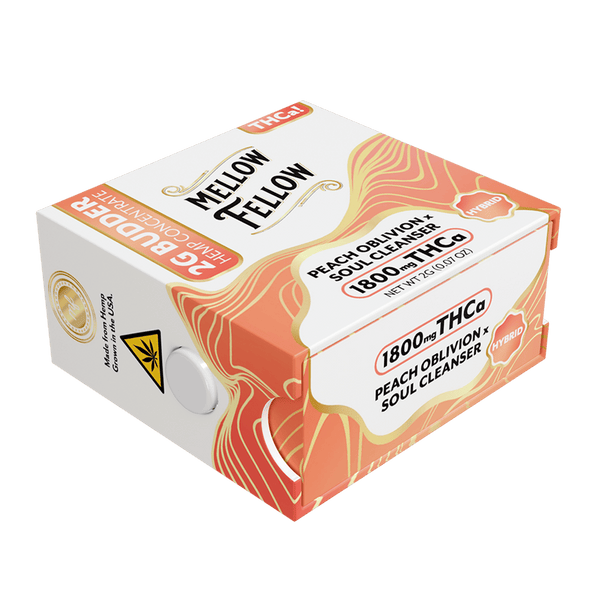
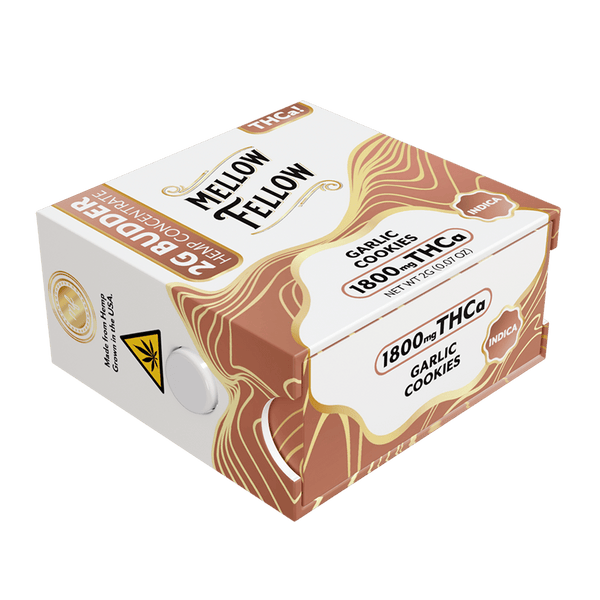
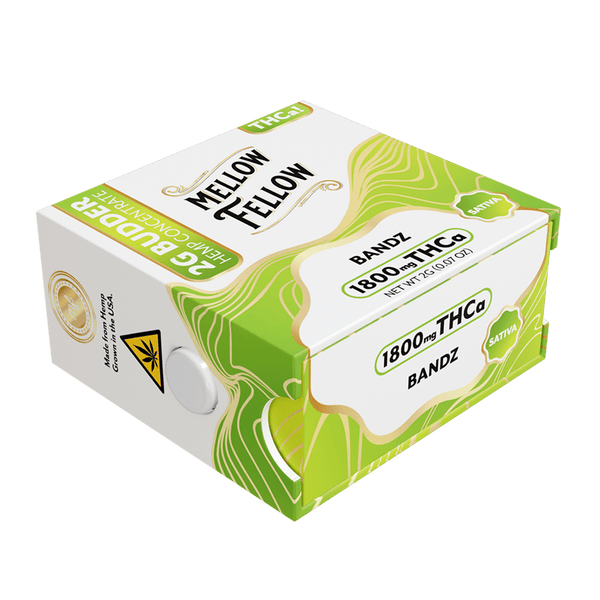
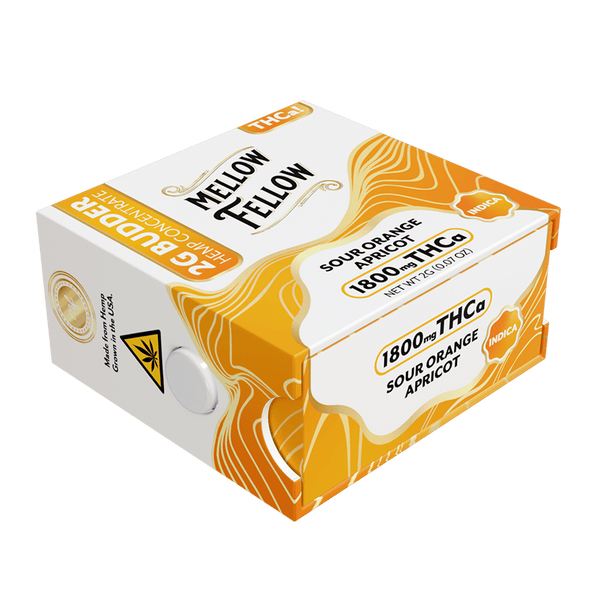
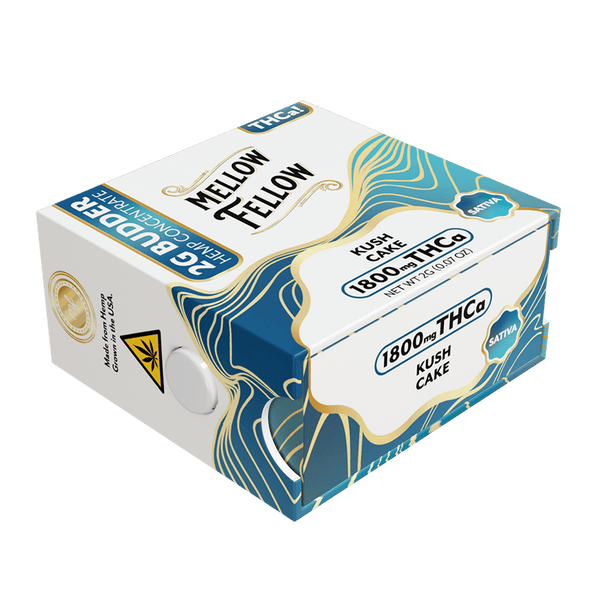
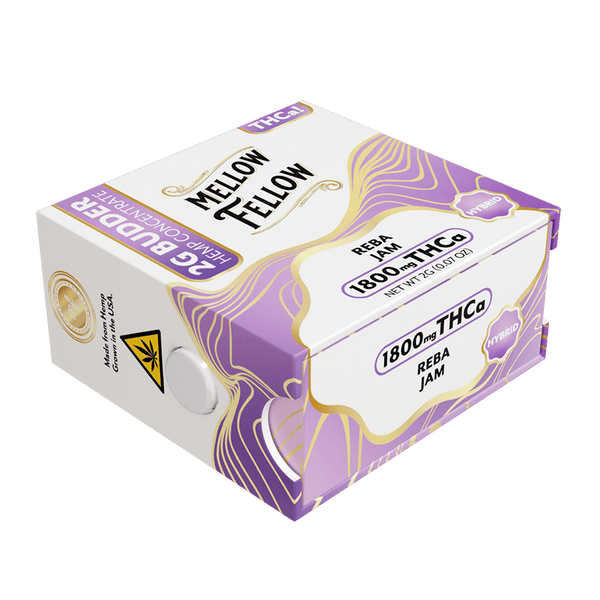










Leave a comment